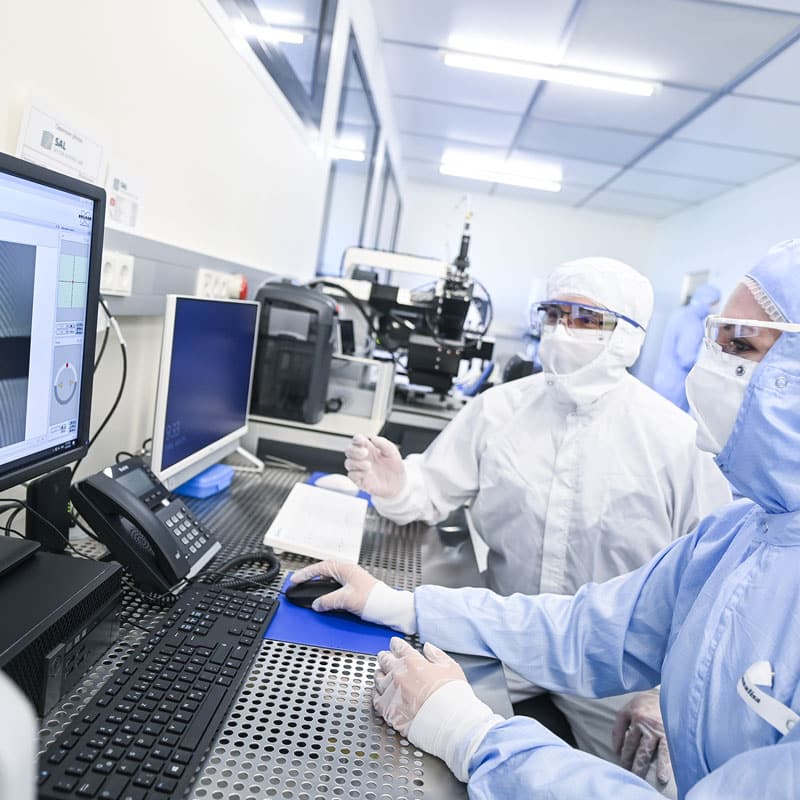Research

CoRaLi-DAR aims at developing an advanced detection and ranging sensor system based on a collaborative scheme, integrating on the same module both radio and light-based sensing. The module will consist of: a silicon photonics solid-state light detection and ranging (LiDAR) chip with integrated laser source and driver electronics; a CMOS radio detection and ranging (RADAR) chip connected to a single transmitting (Tx) and receiving (Rx) set of antennas; a processing unit (PU) to actively control the two sensors and process the generated data. The LiDAR and RADAR chip will be integrated on the same printed circuit board (PCB) avoiding any use of free space optics. The proposed architecture will allow an active cooperation of the two sensors through an advanced algorithm installed on the PU. With this approach we exploit the LiDAR’s high-resolution capabilities, and the RADAR’s strong reliability in adverse weather conditions; reducing power consumption, packaging size and manufacturing cost compared to the state of the art.
Applications
The CoRaLi-DAR sensor will ensure high spatial resolution thanks to the LiDAR; reliability and robustness thanks to the RADAR; fast and precise measurements with the smart sensor management performed by the sensor fusion algorithm. These characteristics make the proposed advanced multi-sensor system the ideal solution for any outdoor application, not only in the automotive sector. Considering the broader mobility sector, this system can find use in different land or air transportation applications. Furthermore, together with the mobility related applications, other markets might be addressed as well: environmental monitoring and mapping via drone; robotics; gesture recognition and vital sign measurement; replacing security cameras.
